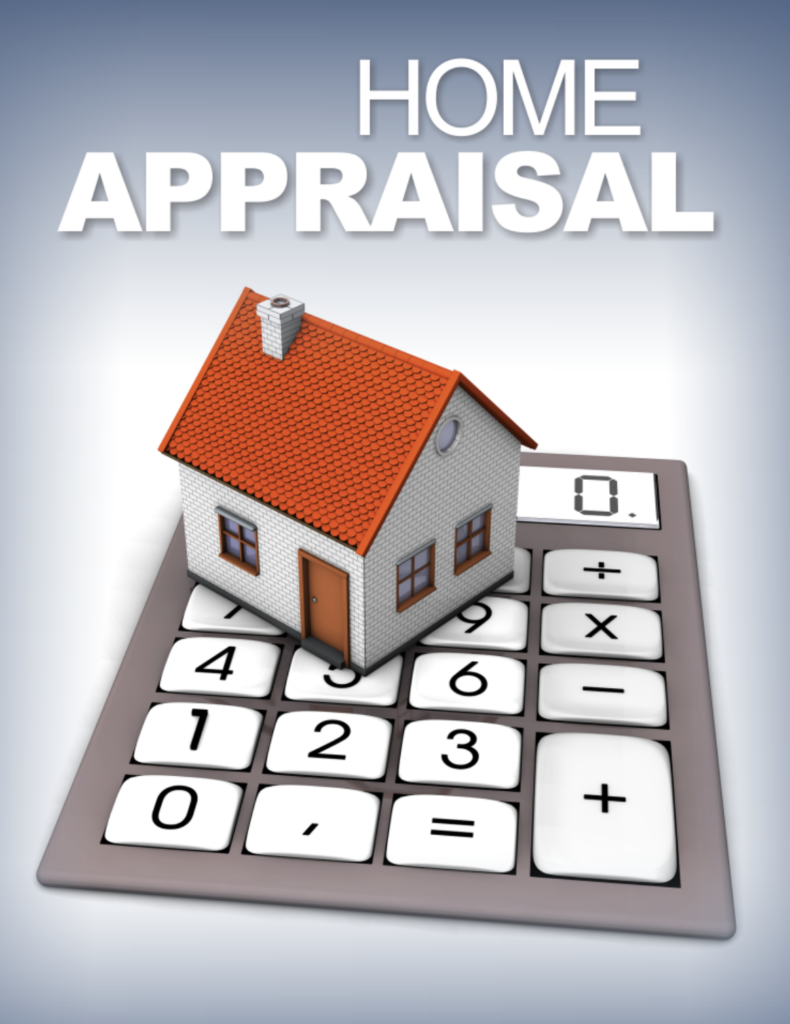HOW A MOLDY HOME CAN DEVALUE YOUR HOME
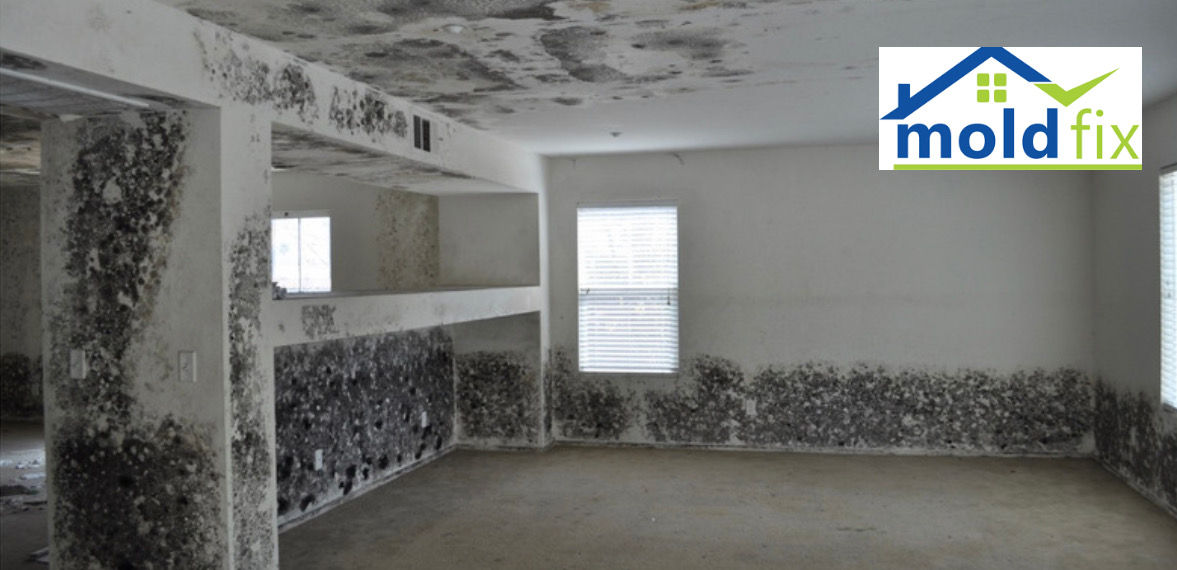
Mold. Just the word can inspire anxiety in even the most laid-back homeowner. Not only does mold affect your personal health and safety but it can also directly impact the value of your property. Purchasing a house or a condominium is an investment, and to make sure it turns into a profitable one, avoiding mold should be at the top of your list of priorities.
Here are just a few reasons why, for your physical and financial health, you should be vigilant in avoiding mold in your home, and why you should eradicate it as soon as it appears.
Interestingly, some buyers seek homes with mold spores to get a better deal.
Mold growth can cause damage to the building and decrease its resale value. The most crucial factor to be taken into account depends on mold infestation size. Mold growth in the property exterior might be less harmful and cause fewer health problems. So, it will not affect your property value.
However, a buyer can also consider the costly mold remediation in the bid, resulting in decreased home resale value.
Also, it’s vital to notify potential buyers in case you intend to conduct a mold inspection as well as mold remediation on the property.
It goes without saying that the potential health hazards posed by mold growth could significantly impact the inhabitants of the household and cause asthma attacks due to the poor ventilation and excess humidity levels caused by mold contamination.
While you are responsible for providing them with a warning about mold growth, it is their responsibility to investigate the effects mold growth creates.
On the other hand, it is essential to remember that not all mold growth is beyond repair. You won’t need the assistance of a mold remediation specialist if the affected area of mold growth is less than ten square feet.
However, this is just a standard operating procedure. It is possible that you will also need to think about the kind of mold spores that you will have to deal with.
Mold removal is a very labor-intensive process that requires great care and attention to detail, including the use of the appropriate containment materials and adherence to containment protocol.
To properly remove mold, a person is required to wear a plastic suit and a respirator (mask) that is equipped with mold-specific filters, also known as volatile organic compounds (Volatile Organic Compounds), to prevent health risks.
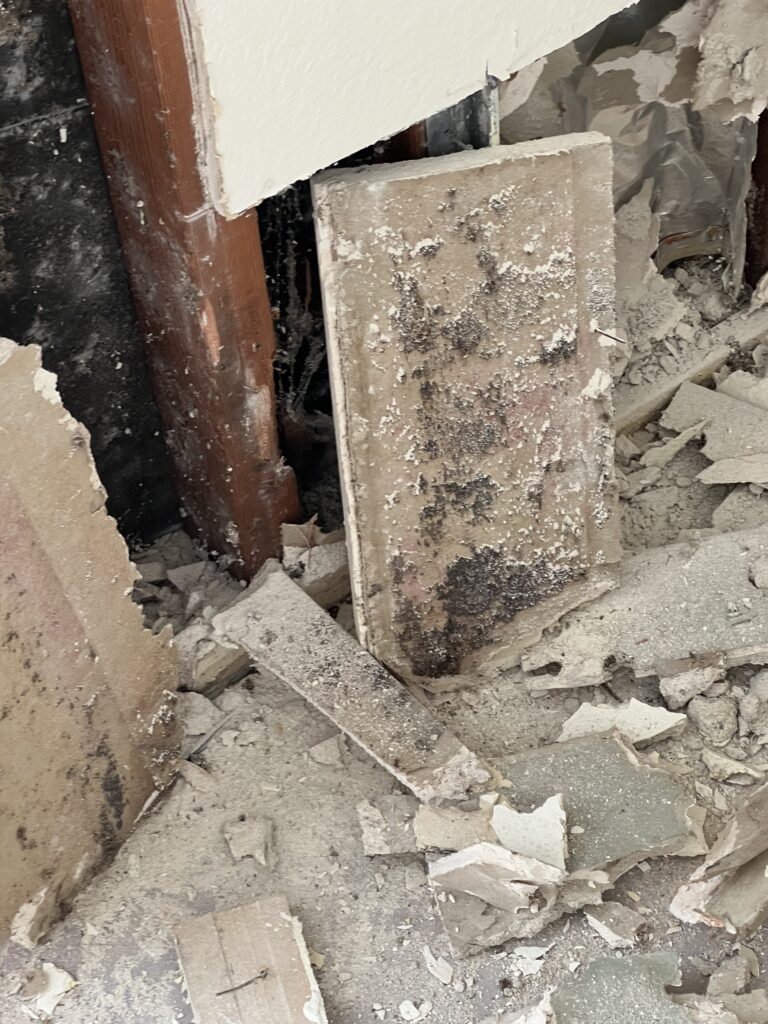
MOLD REMOVAL CAN BE COSTLY
The moment you notice the telltale evidence of mold in your home, you should immediately bring in professionals to investigate. Keep an eye out for these signs:
- Visible mold spores
- Musty odor
- Peeling wallpaper
- Dark spots on your walls
If you catch it early enough a mold toxicity could amount to little more than a mild headache. However, left unchecked, mold can infest drywall and floorboards that require replacing large sections of your property, and those repairs could end up costing you beyond the initial bill.
Know The Difference Between Toxic Mold And Mildew?
Most molds we think of are non-toxic mildew that lurks in areas of excess moisture, such as bathrooms and dripping air conditioning. The mildew, fortunately, does not cause much mold problem besides an unsatisfactory scent, but professionals disinfect it to ensure that it doesn’t eventually become a greater mold issue.
In contrast, it is possible to easily identify mold infestation by its color, which is dark and black compared to yellow-grey or white mildew. The black mold group, commonly labeled black mold contains anything from relatively harmless penicillins to asthma-provoking Stachybotrys infections.
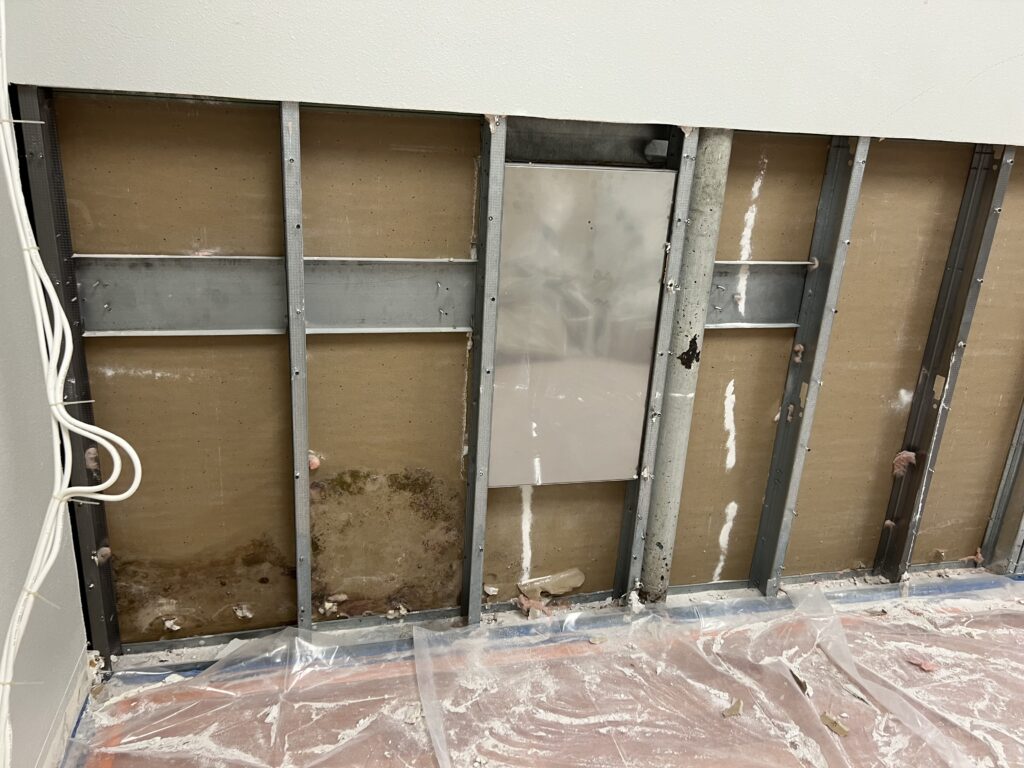
MOLD MAY SPREAD WITHOUT YOU REALIZING.
While mold removal can be costly, untreated mold can torpedo your housing value. Not only that, mold can also spread to infect massive portions of your home, turning your house into one massive mold incubator.
Mold can spread through circulating air from fans, air conditioning, and furnaces. Spores can actually attach to your clothing and spread to other parts of your house, not to mention cause respiratory issues and asthma. The longer you go without treating your mold infection, the worse it will get.
EVEN AFTER TREATMENT, MOLD COULD COST YOU.
Unfortunately, even if you go through all the necessary steps to remove all mold spores from your home, your property values may never fully recover. Some states require that you disclose your previous mold issues to any potential buyers, which can lower your property values. Some estimates show that even a properly treated home can see its value drop by 3%, which means that your best option is to stay vigilant and get any mold issues taken care of as soon as they are discovered.
CAN YOU SELL A HOUSE WITH MOLD?
You may see some mold in your house and figure that it’s not “that bad.” You’d be wrong. Not only does mold pose health hazards to you, your family, or even your pets, but the mere existence of mold in your home could make it practically impossible to sell on the market.
Selling a house with mold problems is a red flag to any potential buyers because it often represents numerous other issues beneath what may appear to be a superficial problem. After all, mold is caused by excess moisture in your home, which could have been caused by anything ranging from a leaky roof to a burst pipe that naturally reduces your home’s value in their eyes. Furthermore, mold growth often doesn’t just cover the surface, but also permeates wood, drywall, upholstery, and other materials.
Mold Remediation: Sell A House With Moldy Walls And Ceilings
Although it might appear that selling a home with toxic mold issues is impossible at first, there are companies to tell you that there is still hope for your mold-infested home despite the mold infestations.
To get your moldy house back in shape, all you need is a mold inspection and antimicrobial cleaning performed by a trained professional. The necessary steps are as follows:
Get going as quickly as you can
You most likely do not want potential buyers to associate your property with a mold inspection that is still ongoing. It is, therefore, imperative to address any mold in your home before putting it up for sale. Before listing anything, you should hold off until the cleanup is finished.
Carry out a complete and detailed investigation
Crawl spaces and attics, two of the least used areas in a mold-infested home, are common hiding places for toxic mold. When you are on the hunt for mold inspection, it is imperative that you investigate these two locations to the fullest possible extent.
In addition, areas that are commonly exposed to moisture, such as the back of a water heater or a dishwasher, should be considered.
Mold contamination has a propensity to grow in the basements of homes at risk of flooding and other types of water damage and water exposure. Examine every square foot of this area with a comb that has very small teeth to locate any mold damage.
Getting ahead of a problem as soon as possible can save you a lot of trouble and emotional anguish in the long run.
Always include a mold growth history in your disclosure
In many states, home sellers must inform prospective purchasers of any recorded examples of mold or fungal growth in the property. In addition to this, the purchasers of the property are required to be notified of any professional remediation efforts that the vendor has made.
Living in a home that has a widespread mold infestation can even have grave consequences on one’s health over the long term.
If you believe that being aware of mold in a property would directly impact your decision to purchase it, you need to make sure that the buyer is aware of this information as soon as possible.
SHOULD YOU BUY A HOUSE WITH MOLD?
Mold can have many serious and devastating effects on your health, home values, and even your life. If you are currently looking to buy a new house, it is important to make sure that there is no history of mold in the property. You should get a test done on the air quality as well as an inspection of any water damage to know if there is greater potential for mold growth.
If you do find mold, it is a tricky thing to deal with. If you’re not sure what the mold is or if it will affect your health, then consult an expert and have them take care of this for you before making any decisions about purchasing the home because there could be serious consequences involved.
Ultimately, mold can wreak havoc for any homeowner. That’s why it’s important to catch any infestation early and bring in qualified professionals before any lasting damage can occur to your home, its value, and your health.
When Does Mold Begin To Affect A
Property’s Resale Value?
Will mold growth on the exterior of a property, such as the siding, negatively impact the property’s market value or marketability? Almost certainly not. In particular when it comes to being a problem with regard to health hazards and safety.
Keep in mind that the objective of mold removal is to bring the mold spores count within the building down to the same level or lower than that of the building’s exterior.
Therefore, if the mold spores are only on the surface, there is typically no cause for concern from a health standpoint. On the other hand, it might change the way the outside of the house looks, which might make it less appealing to potential buyers.
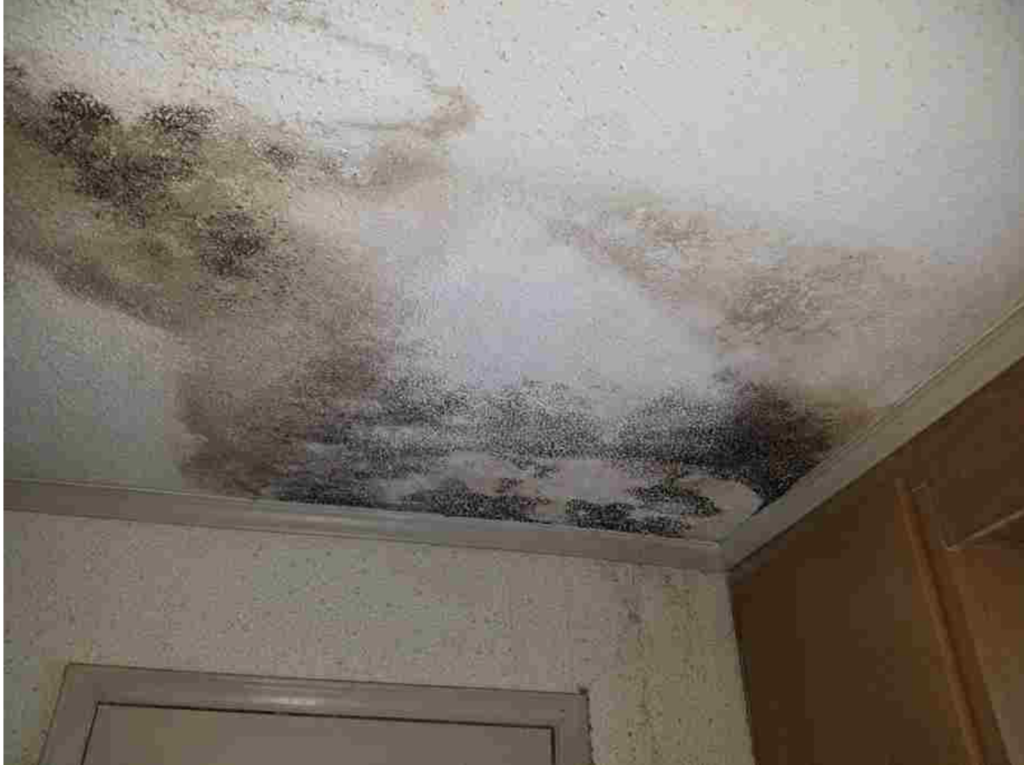
Does Mold Affect Home Appraisal?
The best way to assess the extent of the mold infestation is to have the official assessment done after the remediation. Both water damage and mold are important factors to consider in the appraisal.
